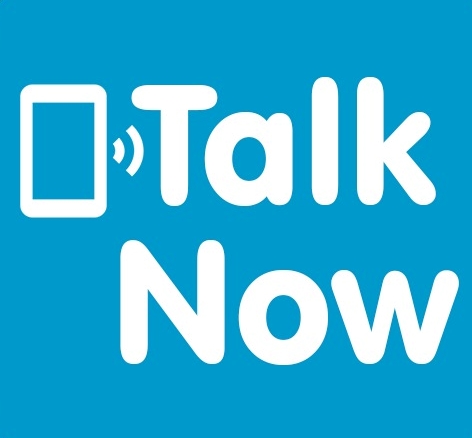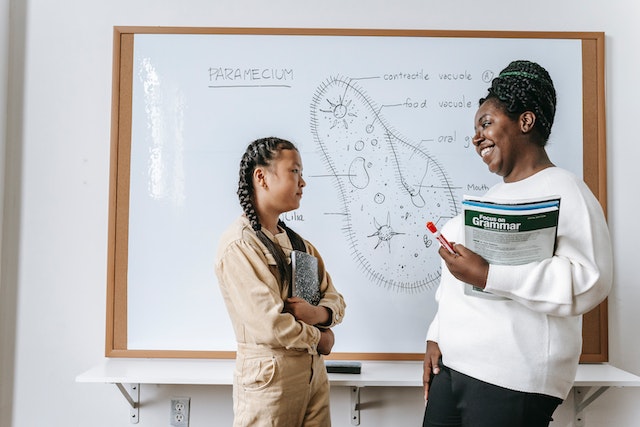MEANING OF PERSONAL PRONOUNS
Personal pronouns are the types of pronouns which represent specific, particular people or things. We use these pronouns instead of a person or people about which we are speaking about.
For example:
My name is Jojo, but I will use ‘I’ or ‘me’ when I am talking about myself. I will not use my name i.e ‘Jojo’. When I am talking directly to somebody, I will use ‘you’, and not their name. When I am talking about somebody, I will definitely use their name in the first place but then I will continue by using ‘him’ or ‘he’. They are used depending on:
- Numbers
- Person
- Gender
- Case
Let us have a look at some personal pronouns:
(Object) I, you, he, she, it will be used for SINGULAR male and female.
(subject) Me, you, him, her, it can be used for SINGULAR male and female.
(Object) We, you, they will be used for PLURAL male and female
(Subject) Us, You, Them will be used for PLURAL males and females.
EXAMPLES
Note: the first part in each pair shows a subject pronoun and the second shows an object pronoun.
- She likes cake. / Mary worked with me.
- Do you want to watch a movie? / Mary adores you.
- She walks too slow. / Did Gary overtake her?
- She is excited. / Does Harry know me?
- We are on our way. / Can we ignore it?
- They played for a long time.
We always use ‘it’ when we talk about one thing, however, there are a few exceptions. Sometimes, we also talk about an animal as he/him or she/her, especially when the animal is a domestic or a pet.
At times, we don’t know whether to use him or her for a single person. There are a few solutions to it:
- If a student needs help, he or she must meet the teacher.
- If a student needs help, they must meet the teacher.
- If a student needs help, he must meet the teacher.















